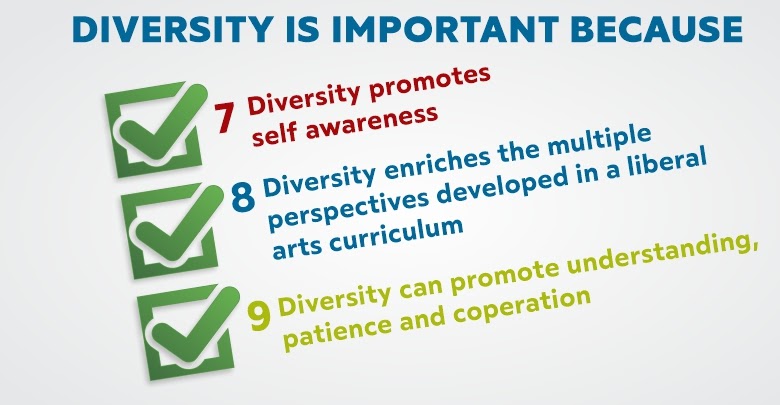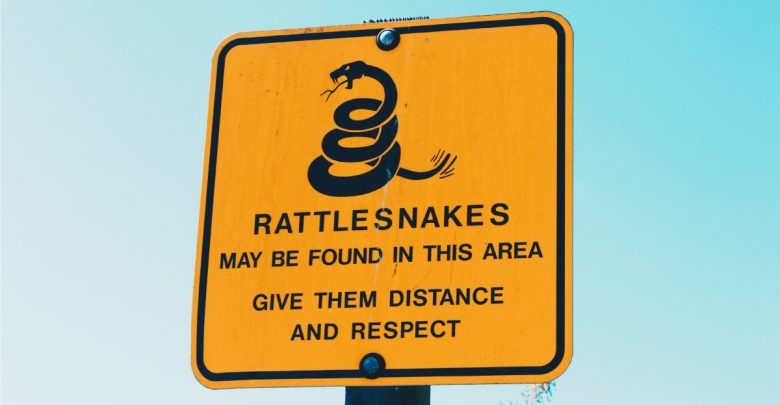Respect
-
A skill that every trainer should possess, especially those leading significant change, is the ability to engage others in dialogue. The trainer who can create a safe space in which open, and honest communication is practiced, ultimately creates a cohesive group of increased trust, understanding, and shared meaning. An effective dialogue can be a pool of emotions, which can collectively…
Read More » -
Diversity awareness is one’s ability to embrace the uniqueness of all individuals along several dimensions such as race, religious beliefs, ethnicity, age, gender, physical abilities, political beliefs, a socioeconomic status. Diversity awareness skills extend beyond mere tolerance to encompass exploration of such individual differences, respecting them, and ultimately nurturing a healthy relationship with the individual despite the differences. With the…
Read More » -
Why did I choose this tool? I chose this tool as a way to expand the understanding on how important it is to be genuine with the group and not take the educational process as a theatre play of fake cheerfulness and fun games. I believe that the core of non-formal education comes from the relationship and interaction between the…
Read More » -
While training young people, youth workers and other target groups we follow a set of universal values like honesty and respect. These values are the basis of humanistic pedagogy, non-formal education. Empathy is an ability and skill which allows us to be honest and respectful in educational relationships. Often the words of ‘empathy, honesty and respect’ are used as slogans,…
Read More »



